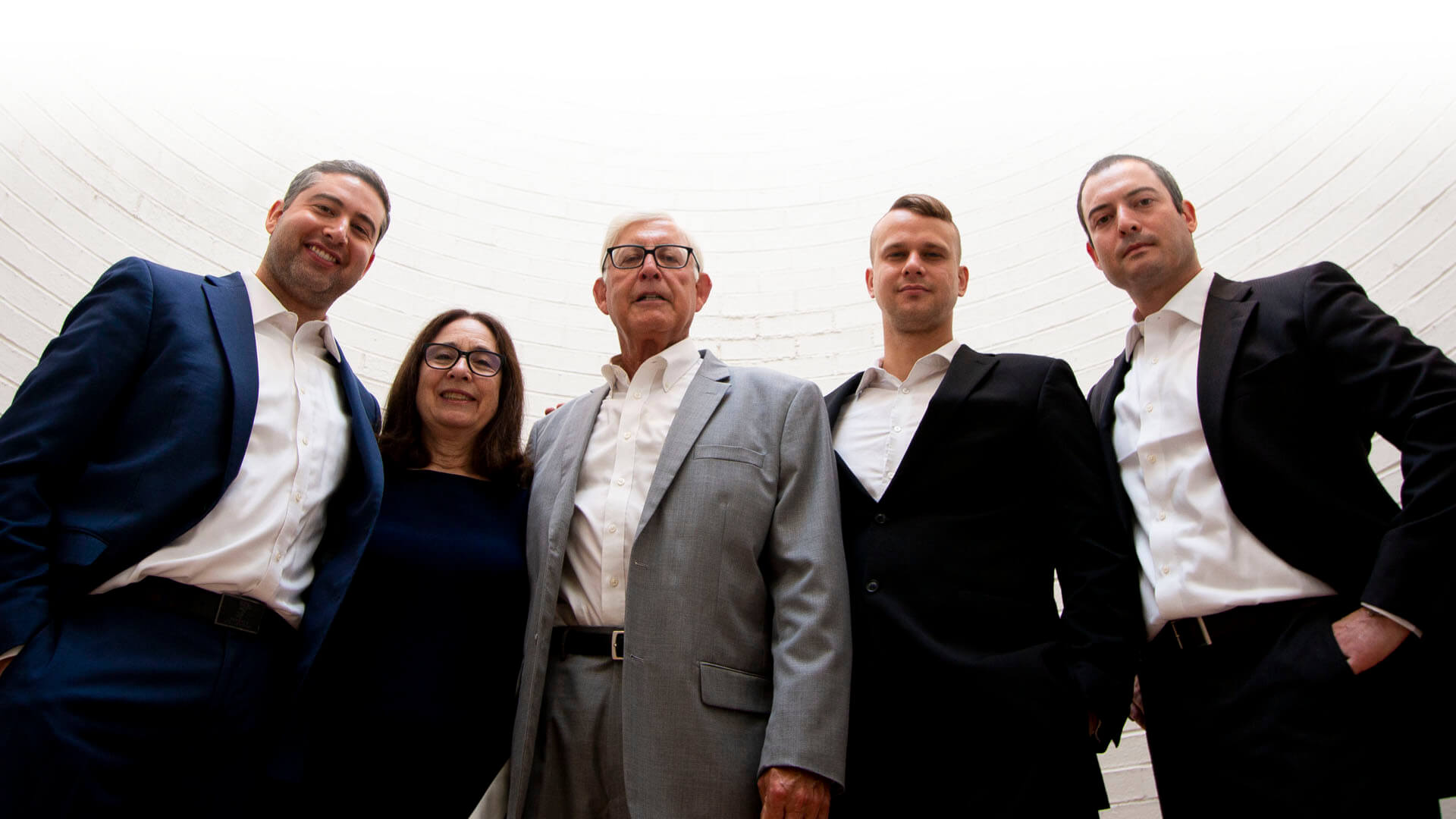Frequently Asked Questions
How Can You Tell When an Attorney-Client Relationship Is Established?
An attorney-client relationship is a formal agreement where an attorney provides legal advice or representation to a client. However, it doesn’t always require a signed contract.* The establishment of this relationship depends on the circumstances, communication, and mutual understanding between the lawyer and the client.
Table of Contents
What Are Key Factors That Establish an Attorney-Client Relationship?
What Are Some Examples of Attorney-Client Relationship Formation?
While the key factors above outline when an attorney-client relationship might be established, it’s important to look at specific examples of how this can play out in practice. These examples highlight situations where the relationship is clearly formed, whether through written agreements or implied actions.
- Clear Agreement: The client signs a retainer agreement outlining the attorney’s role and terms of representation.
- Implied Relationship: A lawyer provides detailed advice in response to a client’s specific legal questions during a meeting or call. **
What Are Some Common Misunderstandings During an Attorney-Client Relationship Formation?
Although the formation of an attorney-client relationship may seem straightforward, there are several situations that often lead to confusion. It’s important to distinguish between informal interactions and those that truly establish the relationship. Below are some common misunderstandings about when an attorney-client relationship is or isn’t created.
- Casual Conversations: Discussing legal issues at a social event doesn’t typically establish a relationship unless advice is explicitly given.
- General Information: Sharing general legal information, such as in a seminar, doesn’t create an attorney-client relationship.
- Preliminary Discussions: Initial discussions without an agreement to proceed may not formalize the relationship.
Why is Clarity Important?
Both attorneys and clients benefit from clearly defining the relationship to avoid misunderstandings. Attorneys should communicate their intentions explicitly, and clients should ensure they understand whether the lawyer has agreed to represent them.
Resources for Understanding Attorney-Client Relationships
- State Bar Association: Learn more about attorney-client relationships and professional conduct guidelines in your state.
- Disciplinary Boards: Review ethical standards and file a complaint if you suspect misconduct or misrepresentation.
What Should I Do if I'm Unsure?
If you’re unsure whether you’ve entered into an attorney-client relationship, consult the lawyer directly to clarify.
* While Schiffman Firm, LLC provides confidential attorney consultations during which all information discussed with the potential client is confidential, it does not represent a potential client and will not take any action on a potential client’s behalf unless: (1) Schiffman Firm, LLC elects to send a representation agreement; (2) the potential client(s) sign and return the agreement by mail; and (3) Schiffman Firm, LLC acknowledges in writing that it has received the executed representation agreement. Schiffman Firm, LLC does not enter into implied attorney-client relationships under any circumstances.
** Schiffman Firm, LLC does not enter into implied attorney-client relationships under any circumstances.
Answered By:
Attorney Daniel SchiffmanMore About Daniel:
Daniel S. Schiffman, a partner at Schiffman Firm, is a litigator who practices primarily in the fields of personal injury, product liability, and business litigation. Attorney Schiffman is licensed to practice law in all Pennsylvania state courts (60 judicial districts) and all three of Pennsylvania’s federal district courts.
More Frequently Asked Questions
What do I need when I meet with an attorney?
How Can You Tell When an Attorney-Client Relationship Is Established?
Are Attorneys Allowed to Advertise?
Where can I find recall information for Amazon and Walmart products?
Which Goodyear tires have been recalled?
What are the most recent tire recalls?
What were the most expensive product recalls of 2023
What are the biggest automobile recalls of 2024?
What are bowriders and why are they dangerous?
What are the dangers of infant inclined sleepers and beds?
When Bad Products Hurt Good People - Your Case Is Our Cause
Which Law Firm Handles Product Liability and Defective Product Personal Injury Claims?
With over 100 years of collective legal and trial experience, the team at Schiffman Firm has been a leader in providing trusted legal representation to injured victims and other types of clients in Pittsburgh, Pennsylvania.
With a focus in product liability cases caused by dangerous and defective consumer and commercial products, our attorneys bring vast amounts of experience and expertise to victims and families that have suffered an injury caused by defective products like, but not limited to:
Automobiles and Airbags
Firearms, Bows, and Hunting Equipment
Power Tools, Machinery, and Snow Blowers
Infant Inclined Sleepers, Beds, and Rockers

